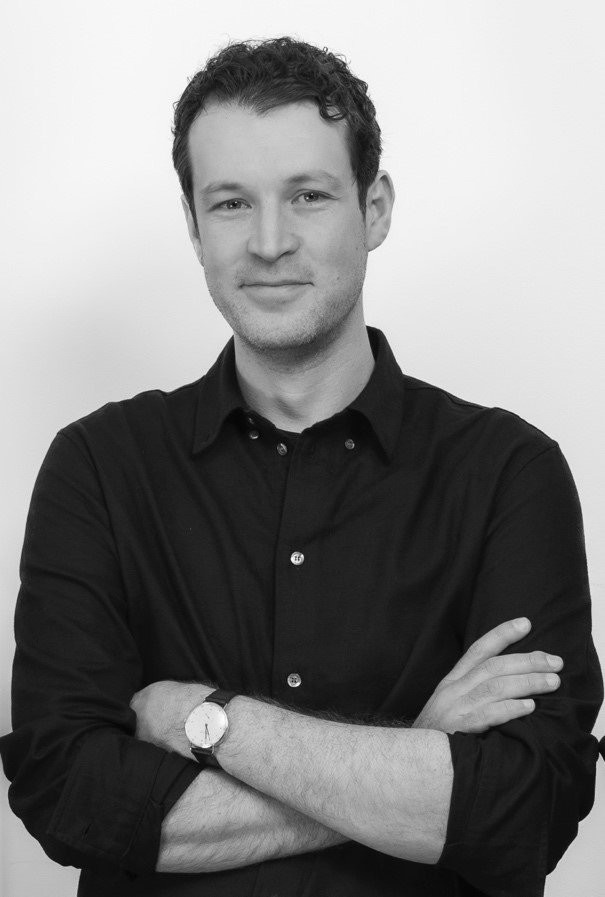EU-40 Materials prize

The E-MRS EU-40 Materials Prize was established to recognise and honour young researchers whose work has already had a major impact in the field of Materials Science research and has led to great expectations for future research leadership. Although the award is not restricted to European citizens it is essential that the research for which the prize is awarded has been undertaken in a European university, research institute or industry.
Consequently, the award is directed to researchers who are showing exceptional promise as future leaders of European materials science working in Europe. Nominees for the award must not have reached his/her 40th birthday before 31st December 2025.
A limited extension to the age limit will be considered for a female researcher who has undertaken a period of maternity leave. A prospective nominee should contact E-MRS Headquarters to ascertain the situation well before the deadline for submitting nominations.
The award consists of a 5,000 Euro cash prize, a certificate, waiver of the registration fee and an invited Plenary presentation at the 2025 Spring Meeting of the European Materials Research Society where the award will be presented. The Spring Meeting will be held in Strasbourg, France from 26th – 30th May.
In addition the award winner will have the opportunity to deliver an invited plenary presentation at the MRS Fall Meeting in Boston, USA, usually in the year following the award of the EU-40 Prize.
Nominations must include:
- Curriculum Vitae including the nominee’s date of birth;
- List of key publications (including citations and impact factors);
- Letters of support from two well established scientists;
- Any additional supporting information relevant to the award;
- A statement that the nominee is prepared to be present throughout the conference.
The nomination package should not exceed 10 pages (excluding the list of key publications) and should be sent by email to emrs@european-mrs.com (subject:eu40materials). The deadline for receipt of nominations is 5pm on Friday, 21st March, 2025.
Proposals will be evaluated shortly after the close of nominations and all candidates will be informed off the decision by 18th April 2025 at the latest.
2025 EU-40 Materials Prize Recipient
Dr. Adnan Mehonic, Department of Electronic & Electrical Engineering, UCL
 |
Resistance Switching in Oxide-Based Materials for Future Adnan Mehonic
|
|
|
The increasing demand for computing power has led to unsustainable energy consumption. By 2035, the energy required for computing systems is projected to exceed realistic supply, constraining the development of transformative applications driven by complex algorithms. Memory is the cornerstone of computing efficiency: storage access and data transfer account for most of the energy consumed in advanced systems. Beyond the largest, most complex, energy-hungry systems, there is a pressing need to embed intelligence in devices that must operate on extremely low power budgets - an advance that would transform numerous applications. This talk traces a 15-year effort to develop a memory technology that meets this challenge. What began as a materials-engineering study of resistance switching in amorphous oxides has matured into a resistive RAM (ReRAM) platform that addresses the requirements for non-volatile storage and novel efficient computing hardware. I will outline contributions to understanding the resistance switching physics, tuning performance through materials engineering and device design, and designing reliable, manufacturable technology. The presentation concludes with a roadmap that defines ReRAM’s role in future memory-centric and novel computing systems, together with lessons learned while translating the technology from academia to industry, including the pathway pursued through the spin-out whose goal is to bridge the gap between innovation in materials engineering and widespread application of novel technology that promises to be the game-changer for future efficient memory and computing systems. Biography: Dr. Adnan Mehonic is an Associate Professor of Nanoelectronics and Royal Academy of Engineering Senior Research Fellow at University College London and the Co-founder and Chief Technology Officer of Intrinsic Semiconductor Technologies. His research spans energy-efficient nanoelectronic devices and systems, encompassing fundamental materials science, novel device design, and memory and efficient computing hardware design. He pioneered the development of oxide-based memristors, providing key insights into switching mechanisms, device-, algorithm- and system-level designs. Adnan has published more than 100 journal articles and conference papers and is named on 15 international patents. He has been recognised by inclusion in MIT Technology Review’s “35 Innovators Under 35,” Wiley’s “Rising Star,” and UCL’s “One to Watch.” Alongside his academic career, he has successfully translated academic research into industrial impact, securing over £15 million in venture funding for Intrinsic Semiconductor Technologies, building a successful start-up consisting of a team of 15 highly skilled engineers and scientists, and developing mature industry prototypes through multiple collaborations with international industrial centres. He is the founding Editor-in-Chief of APL Machine Learning, where he fosters collaboration between applied physics and artificial intelligence communities, and a co-director of NeuMat, the Neuromorphic Network in the UK, dedicated to supporting and uniting researchers, industry professionals, and innovators working on neuromorphic technologies for advanced, novel, and energy-efficient AI hardware. |
||
Laboratory of Reactions and Process Engineering (LRGP), Nancy, France
guo-hua.hu@univ-lorraine.frDepartment of Chemistry and Materials Science - School of Chemical Engineering - Kemistintie 1 - FI-00076 Aalto, Finland
maarit.karppinen@aalto.fiAnna-Louisa-Karsch-Strasse 2 - 10178 Berlin, Germany
patrick.bressler@mikroelektronik.fraunhofer.deMeitY. Government of India, Hyderabad, Telangana, India
ratheesh@cmet.gov.inInstitute of Inorganic and Materials Chemistry, Greinstraße 6, D-50939 Cologne, Germany
sanjay.mathur@uni-koeln.de